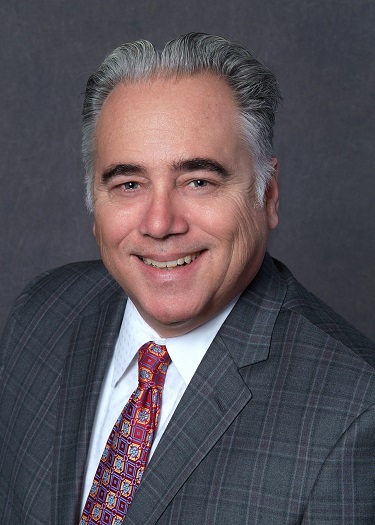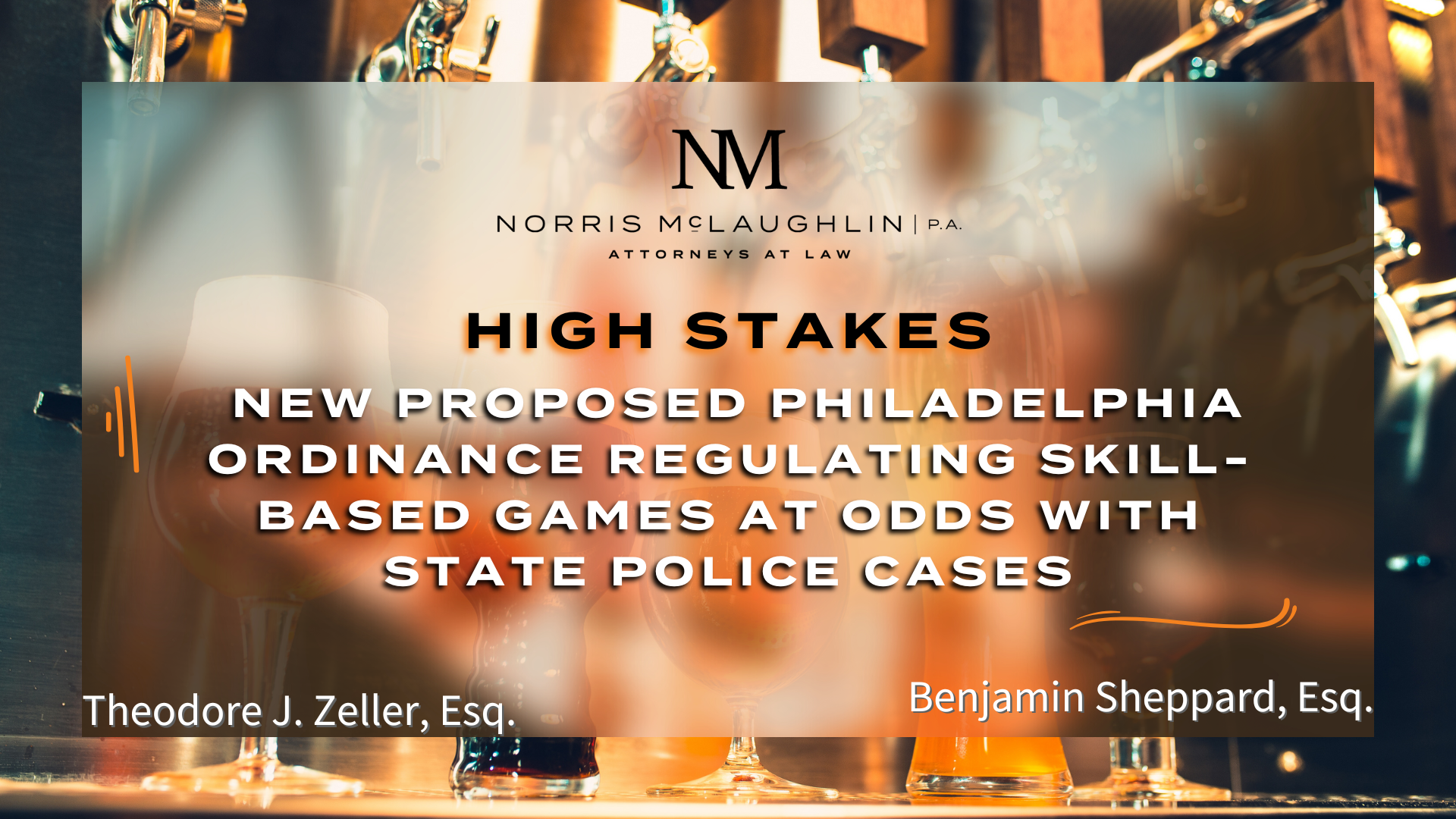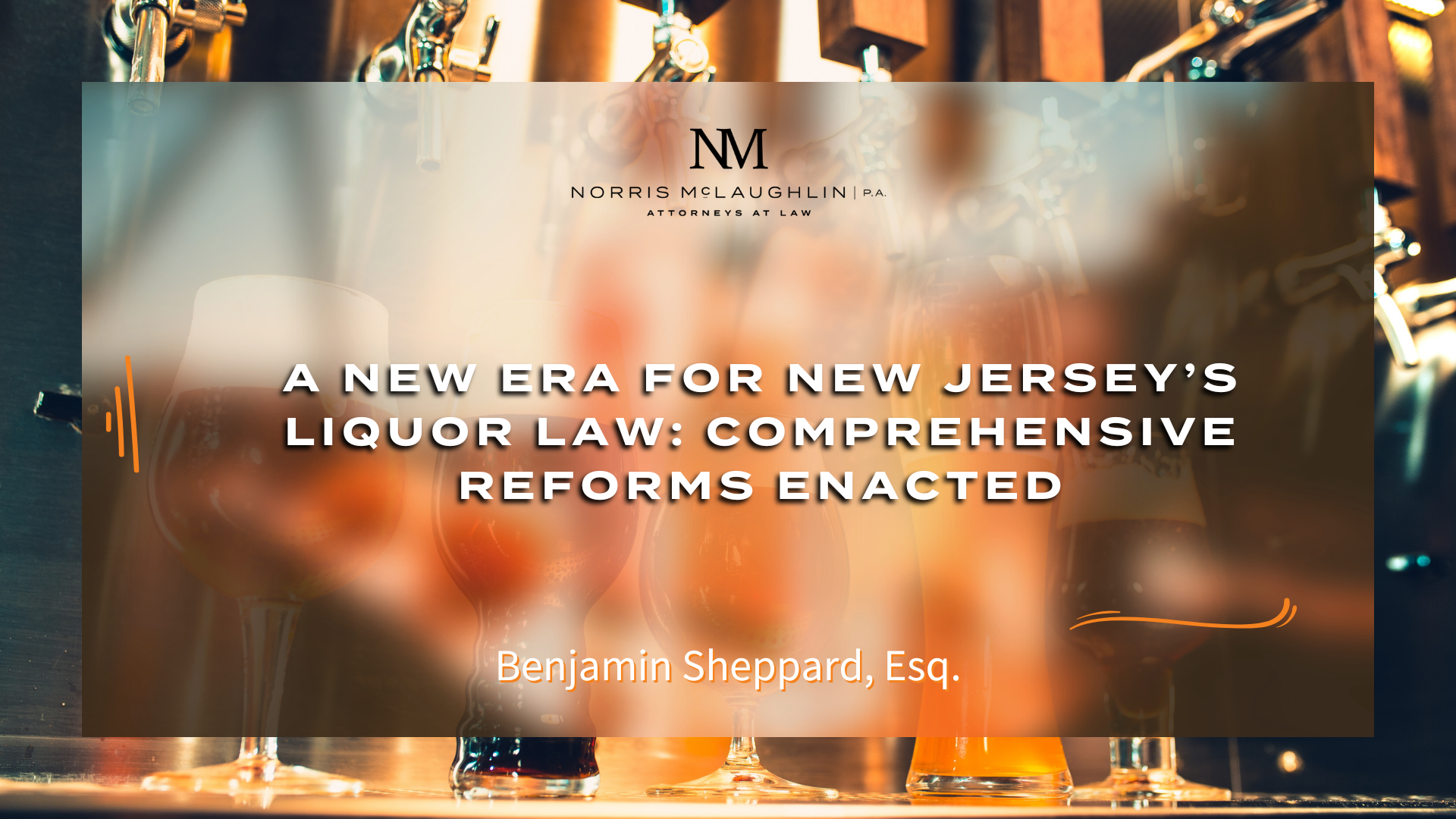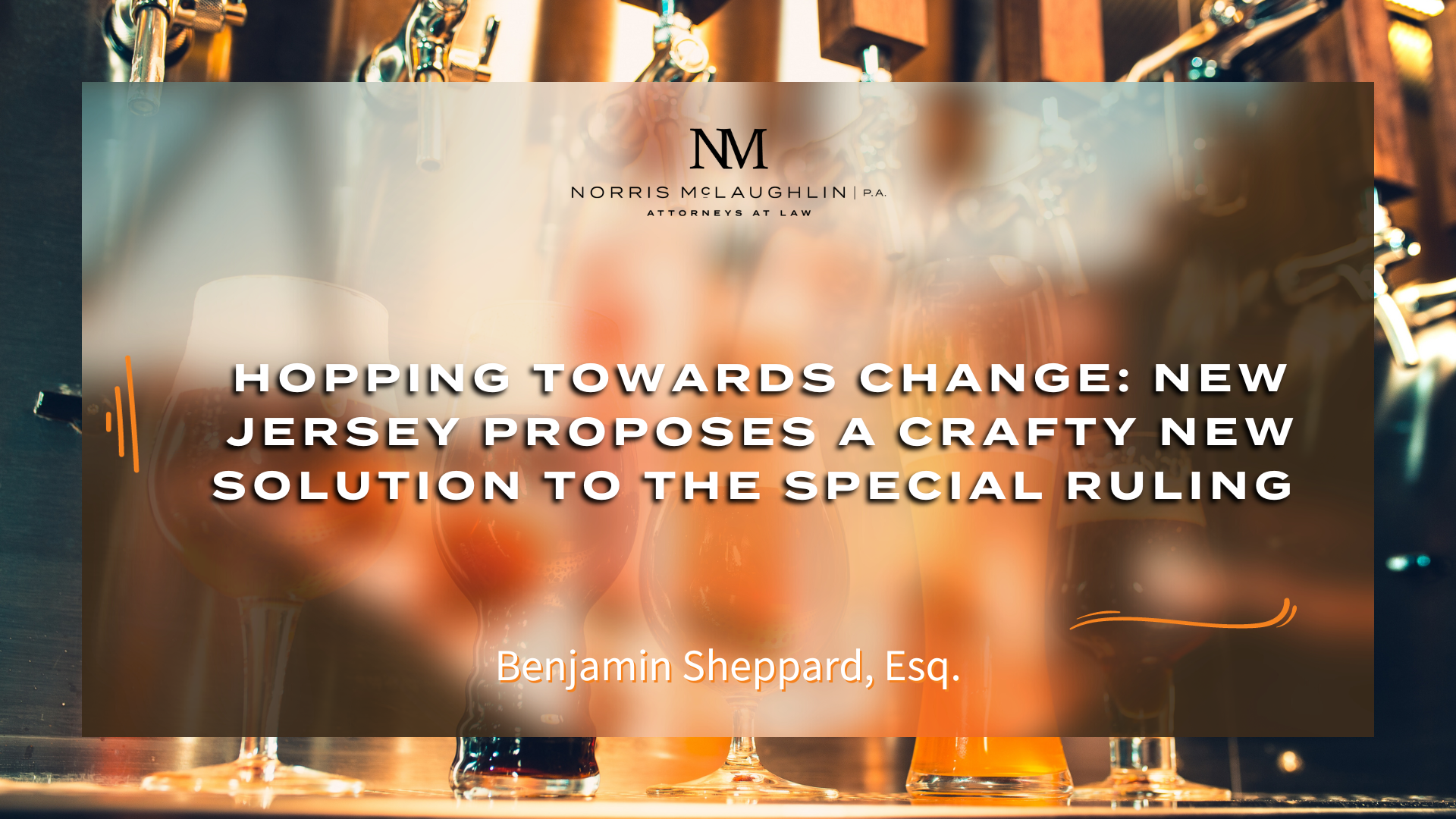Do You Want to Sell a Martini at Your Brewery, Winery, or Distillery in Pennsylvania? The Vermouth and Other Alcoholic Mixers Must be Made in Pennsylvania
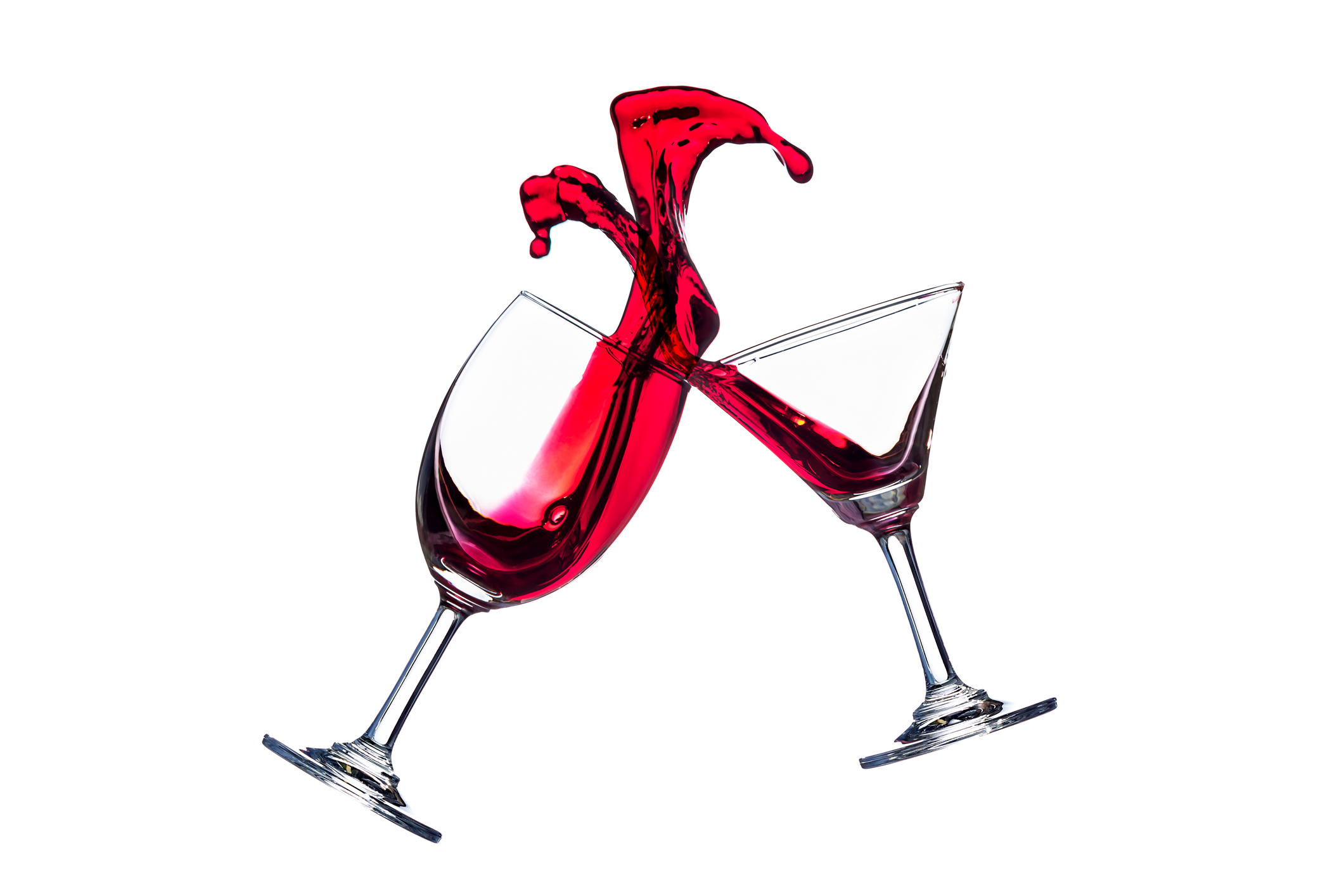
We have been asked the following question numerous times from clients: if there is not a distillery in Pennsylvania that makes a certain spirit, can we use one from out-of-state? The answer is always no, because Pennsylvania manufacturers, such as a brewery, distillery, or winery, are not permitted to sell any distilled spirits that were not made by a Pennsylvania licensed distillery or limited distillery.
This answer was confirmed by the Pennsylvania Liquor Control Board (“Pa.L.C.B.”) in a legal advisory opinion. In the advisory opinion, the brewery asks if it can buy vermouth from an out-of-state distillery because there are no distilleries in Pennsylvania that make vermouth and it is looking to make martinis for its customers. The brewery essentially asks if there is a “mix ratio” of the spirits that would make it permissible to use a mixer, such as vermouth, from an out-of-state distillery. The premise being that, if they use enough of a spirit from a Pennsylvania distillery, can it use a small amount of spirits from an out-of-state distillery and be legal under the Liquor Code.
Initially, it should be noted that the Alcohol and Tobacco Tax and Trade Bureau (“TTB”) considers vermouth to be a wine, as it is derived from grapes. This means that it must be produced by the holder of a federal basic winery permit and by the holder of a Pennsylvania winery or limited winery license. Regardless of that minor distinction, the analysis by the Pa.L.C.B. does not change as the product must still be made in Pennsylvania to be served and sold by a Pennsylvania manufacturing licensee.
The Pa.L.C.B. answered in the negative, simply stating that Pennsylvania manufacturing licensees are only permitted to sell alcoholic beverages made by Pennsylvania manufacturers. However, the Pa.L.C.B. stated that it would allow non-alcoholic mixers from out-of-state distilleries or other companies. If a manufacturer would be looking to use a non-alcoholic mixer, it must ensure that the mixer has less than .5% alcohol by volume, to ensure that it would not be considered “liquor” under the Liquor Code.
Ultimately, the advisory opinion does not tell us anything new that we did not know or have not reported on in this blog before. Although, it does give rise to the notion that there is room in the Pennsylvania distilled spirits market for a distillery to step up and start making some alcoholic mixers, or for a winery to start making some vermouth for this brewery and others.
For information regarding national and state liquor law matters or general manufacturing and distribution advice, please contact our Liquor Law, Licensing, Manufacturing, and Distribution Practice Group: Liquor Law Department Chair Theodore J. Zeller III, Esquire (tzeller@norris-law.com); David C. Berger, Esquire (dberger@norris-law.com) for Pennsylvania and New Jersey retail and manufacturing licensing; or contact our offices at 610-391-1800.

